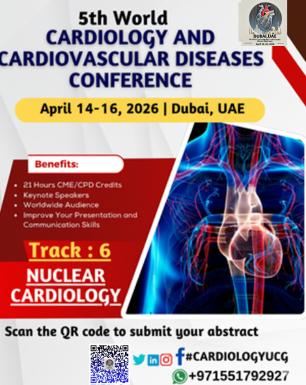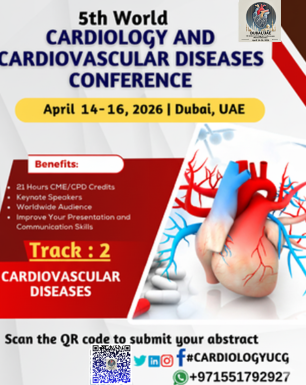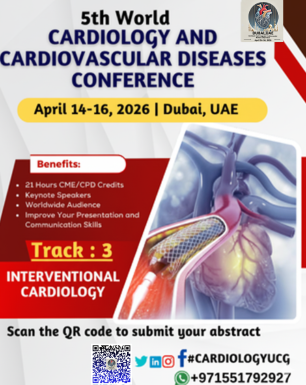



Sub Topics: Coronary Artery Disease, ...


cardio-oncology is an interdisciplinary medical field that focuses on the cardiovascular health of cancer patients and survivors. It examines the impact of cancer therapies (such as chemotherapy, radiation, and targeted therapies) on the heart and vascular system, with the goal of preventing, detecting, and managing cardiovascular complications related to cancer treatments.
1. Cardiotoxicity of Cancer
Treatments:
o Chemotherapy: Certain chemotherapy drugs
(e.g., anthracyclines, cyclophosphamide) can damage the heart muscle, leading
to heart failure or arrhythmias.
o Radiation: Chest radiation used to treat
cancers like breast cancer or lymphoma can damage the heart, causing conditions
such as coronary artery disease, heart valve problems, and pericardial disease.
o Targeted Therapies: Drugs used in targeted cancer
treatments (e.g., trastuzumab for HER2-positive breast cancer) can also affect
the heart.
o Immunotherapies: New treatments like immune
checkpoint inhibitors (e.g., pembrolizumab) can cause inflammation of the heart
(myocarditis) and other cardiovascular issues.
2. Cardiovascular Risk Assessment:
o Prior to starting cancer
treatment, cardio-oncology specialists assess the cardiovascular health of
cancer patients. They identify risks and decide on monitoring strategies to
prevent or mitigate cardiotoxicity.
3. Early Detection of Cardiotoxicity:
o Monitoring heart function during
and after cancer treatment is essential to detect early signs of heart damage.
Techniques like echocardiography, MRI, and biomarkers (e.g., troponins, BNP)
are commonly used to assess heart health.
4. Management of Cardiovascular
Complications:
o If a patient develops heart
problems as a result of cancer treatment, cardio-oncologists manage conditions
such as heart failure, arrhythmias, hypertension, or coronary artery disease.
Treatment may involve medications, lifestyle modifications, and sometimes
adjustments in cancer therapy.
5. Long-Term Surveillance:
o Survivors of cancer may be at
risk for developing cardiovascular disease years after their treatment. Regular
follow-up care is necessary to monitor for late-onset cardiotoxicity and
address any emerging heart problems.
6. Cardiovascular Protection
Strategies:
o Cardio-oncology focuses on
strategies to protect the heart during cancer treatment. This includes using
cardioprotective drugs (e.g., dexrazoxane), lifestyle changes (e.g., exercise,
diet), and optimizing cancer treatment regimens to minimize cardiovascular
risks.
7. Multidisciplinary Approach:
o Cardio-oncology requires
collaboration between oncologists, cardiologists, radiologists, and other
healthcare providers. This multidisciplinary approach ensures that both cancer
and heart health are carefully managed, often through integrated care teams and
specialized cardio-oncology clinics.
Importance of Cardio-Oncology: